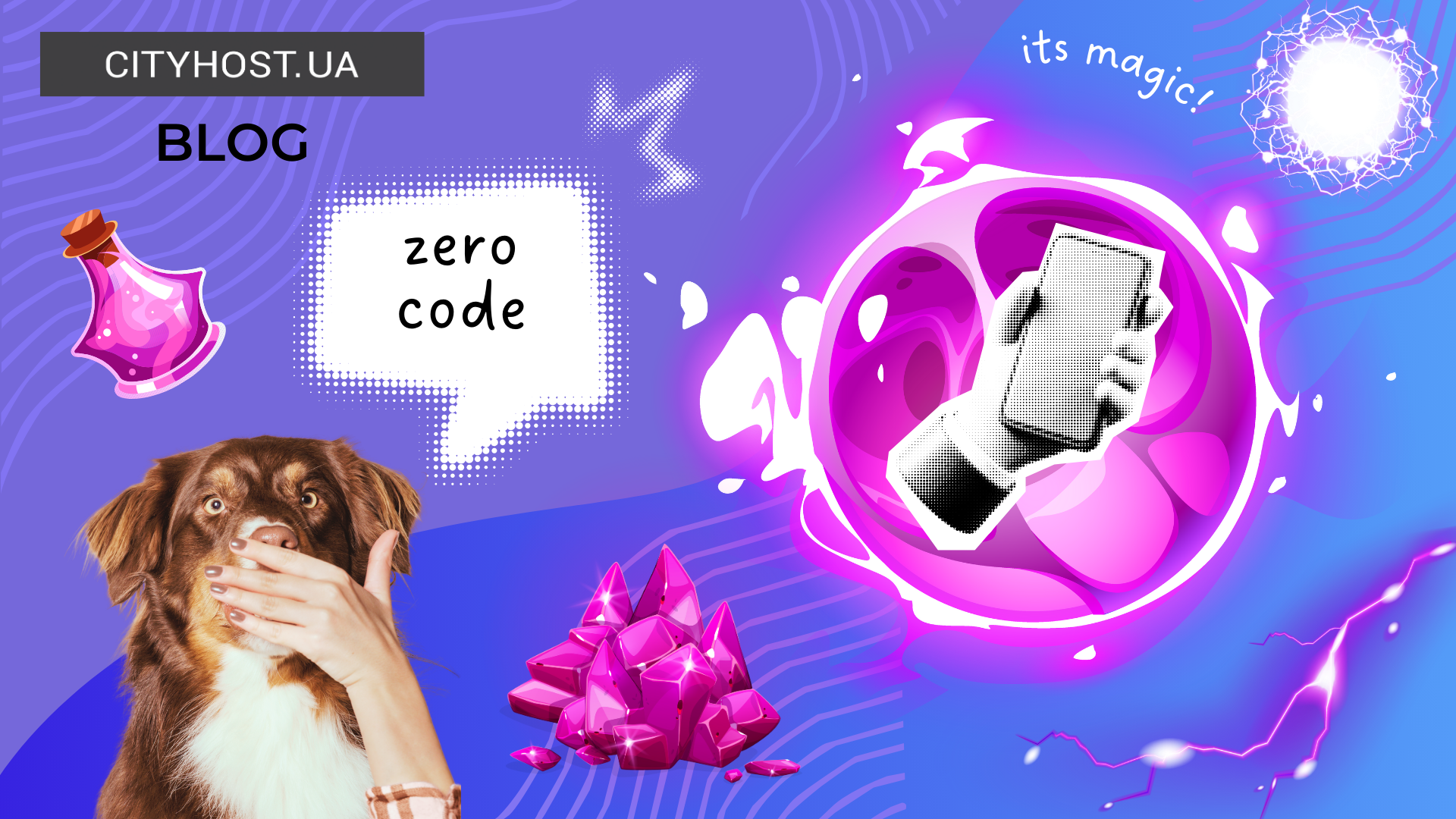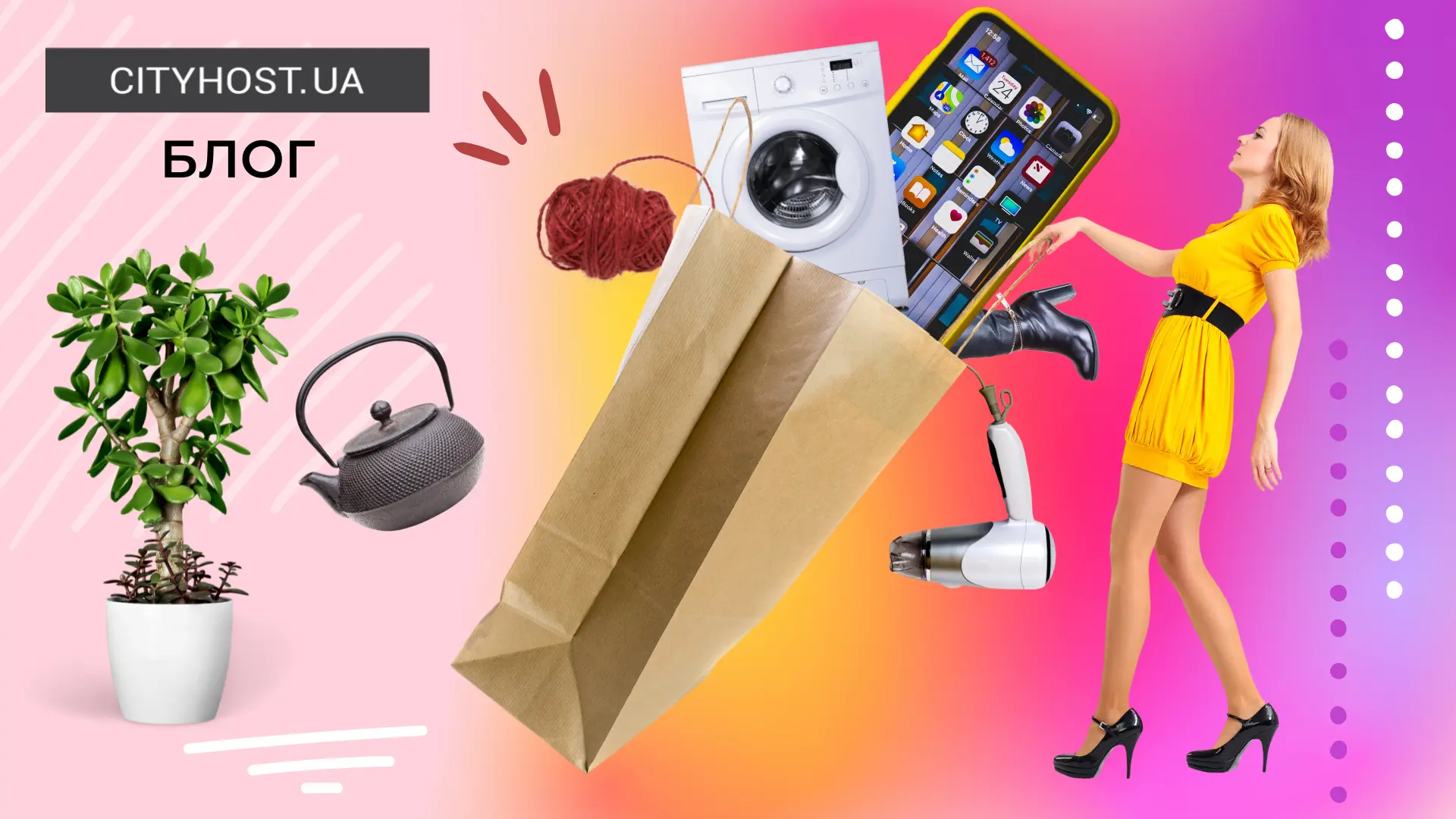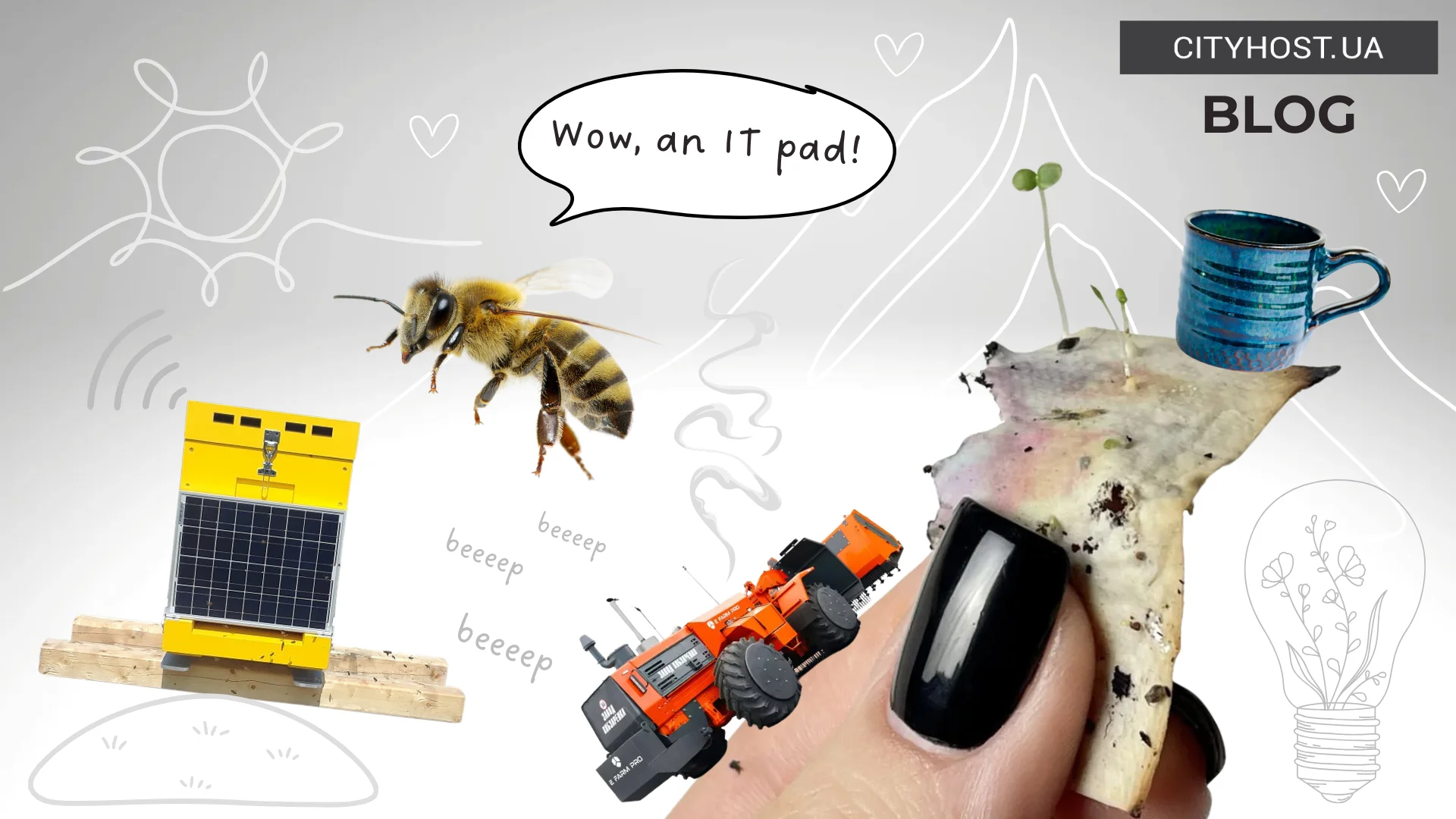
Starting or continuing a business during a war requires exceptional bravery. Money becomes scarcer, taxes and prices rise, and power outages occur, placing each enterprise in a position where survival and growth in difficult conditions become a priority. One way to achieve success during such challenging times is to create an extraordinary business or marketing strategy that can attract attention and fill (or even create from scratch) an open niche.
Below are several interesting and highly unusual business ideas or strategies that are carving out their own paths. This success is unlikely to be replicated by creating a clone project, but observing these businesses can inspire thinking beyond conventional patterns. Who knows? Perhaps you’ll come up with an equally extraordinary idea.
It would be odd not to include charitable initiatives in this list, so let’s start with those.
- The Store of Useless Things
- 10000 Cups for a Workshop
- Disgusting Calendars
- Jewelry Made from Pigeon Droppings
- IT Beekeeping
- Interchangeable Patches for Clothing
- The Workshop of Mr. Skshetusky
- The People's Deminer
- Solar Panels for Water Heating
- Blooming Paper
The Store of Useless Things
“Hello, in this store, you might recognize yourself”, greets the homepage of the website. Strictly speaking, this isn’t a store since nothing is physically sold there. The “Store of Useless Things” is a charitable project by Uanimals designed to collect donations. The concept is simple: visitors are invited to donate an amount equivalent to what they might have impulsively spent on something they never used or quickly abandoned. The “product range” includes items like an intriguing educational course, yet another notebook, a gym membership, a fancy pen, and similar offerings.
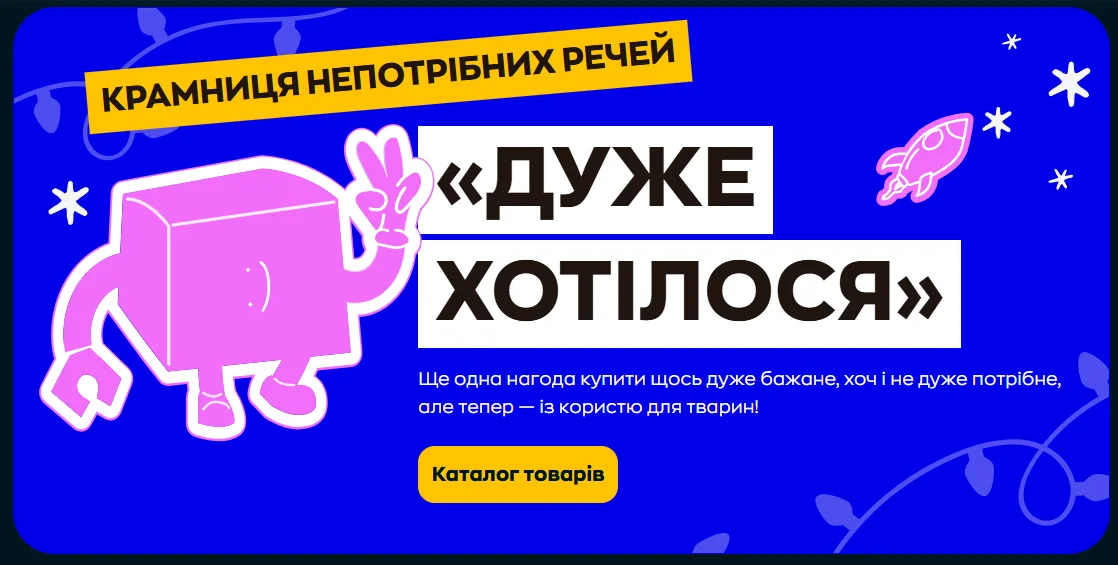
Uanimals is an animal protection organization based in Kyiv, but its work extends far beyond the city. It campaigns against animal cruelty, including anti-circus initiatives, educational programs, and legislative advocacy to protect animals. During the full-scale war, their efforts have expanded beyond sterilization, microchipping, and vaccinations to include hands-on humanitarian projects, evacuating animals from frontline areas, and creating safe conditions for them. All of this requires funding, which the charitable store without products helps to gather. Uanimals also sells traditional merchandise, but the Store of Useless Things, which sends no physical goods to its “buyers”, is the most intriguing initiative.
The store launched recently on Black Friday 2024. In an interview with GreenPost, the head of the communications department stated that the goal of the store was to turn impulsive purchases into acts of goodwill.
Since 2022, Cityhost has supported charitable initiatives and budget institution websites by offering free domain and hosting. You can learn more about this program via the provided link.
10000 Cups for a Workshop
The goal of this project is to sell 10000 unique clay cups to fund the construction of an art residency in the village of Hryhorivka, Khmelnytskyi region, called "Mykola's Pottery Workshop". The artist, ceramist, and writer Mykola Velychko dreams of creating a residency where artists, potters, and writers can gather, host art events, and recharge for further creative work.
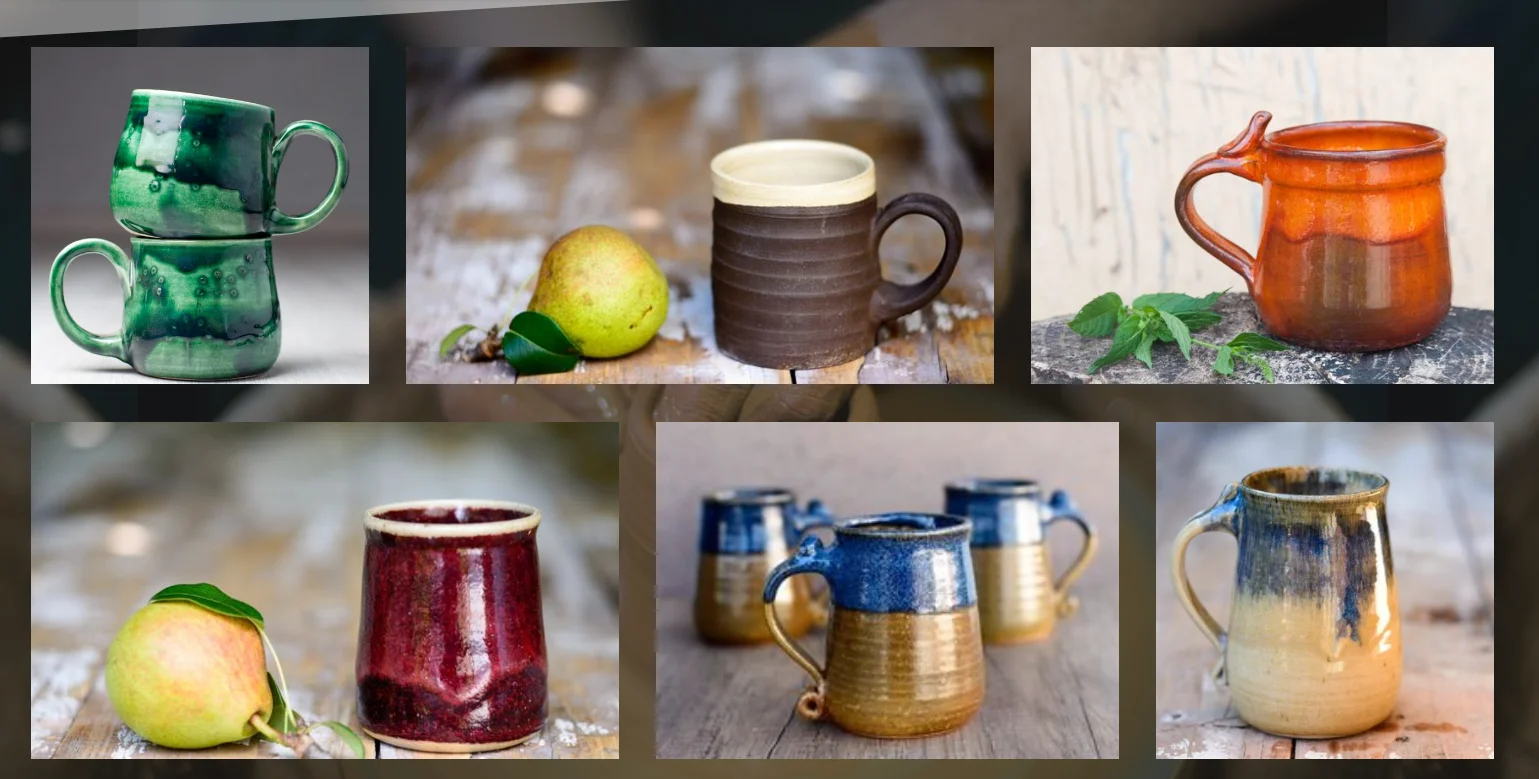
If you visit the project's website, you might recall one of our earlier topics — proper website setup for accepting payments. The project's site is very minimalistic yet contains legal and tax details as well as a money-back guarantee. Additionally, the author maintains active social media accounts with a significant following and high-quality photos. Buyers also receive certificates with a unique number corresponding to their cup and a note of gratitude for contributing to the residency's construction. Each cup is unique, and customers cannot choose their cup. Every piece is handcrafted as a one-of-a-kind item over a significant period, making it a rare collectible.
Mykola Velychko is not only an artist but also a veteran. He plans to host rehabilitation sessions for military personnel in the workshop. However, the project was put on hold at the onset of the war. Since then, material costs have risen, and as the owner himself notes, the goal of 10000 cups might need to be increased to 15000 or more, extending the timeline. No counter for the remaining cups to sell was found, but progress on the construction can be followed through the project's social media pages.
Disgusting Calendars
This topic wouldn’t be complete without an illustration showing both a small sample of the collection and social media reactions.
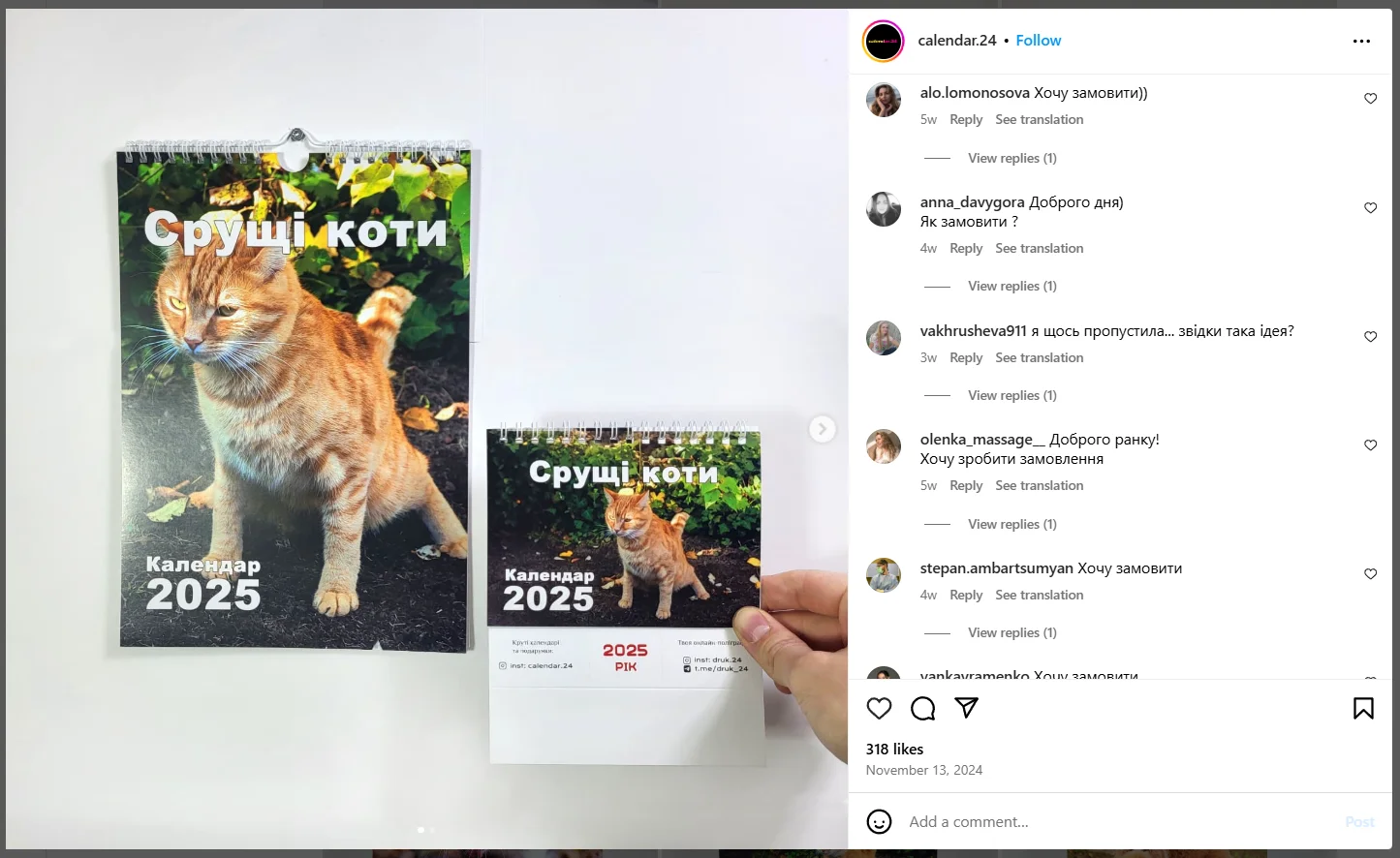
On the Instagram page of this printing business, you’ll find fairly standard calendars, including custom ones featuring photos of pets. However, the "disgusting calendars" are undoubtedly the bestseller — because you won’t find anything like them anywhere else. Such a calendar might serve as a way to express or channel the irritation caused by the hardships of current life — war, dangers, power outages, and an uncertain future. Could an ordinary New Year calendar with baubles and cutesy designs truly capture such feelings?
Read also: The Strangest Computer Games of All Time
Jewelry Made from Pigeon Droppings
Here, too, an illustration would be useful, though you can browse the brand Valera’s Instagram yourself.
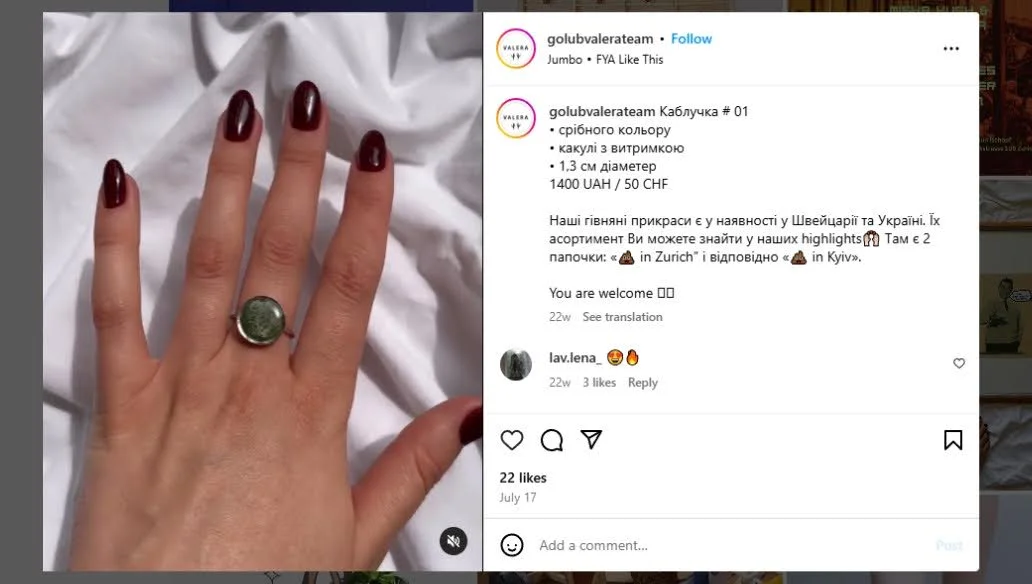
You might expect the jewelry sold there to be as revolting as the previous case, but surprisingly, it’s not. The pieces are rather smoky and elegant; without prior knowledge, you’d never guess they’re made from pigeon droppings.
The artist, Misha (Misha Kush), cares for pigeons, and the brand is named after her first rescued and rehabilitated pigeon, Valera, whom she eventually released. However, the raw material for the jewelry is supplied by another pigeon, Yura, who cannot live independently due to a broken wing.
Misha sells her jewelry in Ukraine and Switzerland, where she relocated due to the Russian invasion. The initiative raises awareness about the challenges faced by sick and homeless animals. Working alongside the "Ryadom" union, she also funds automated feeders for animals. Additionally, a portion of the proceeds from jewelry sales supports the Ukrainian Armed Forces.
IT Beekeeping
The startup AmoHive has been in operation since 2016. The goal of its founder, Ihor Kurdin, and his team is to simplify the work of beekeepers through modern technology. Although their developments faced delays due to the full-scale invasion, smart beehives are already functioning in Germany, Poland, and Canada. This is a case where the company has created a market for itself since it didn’t exist before.
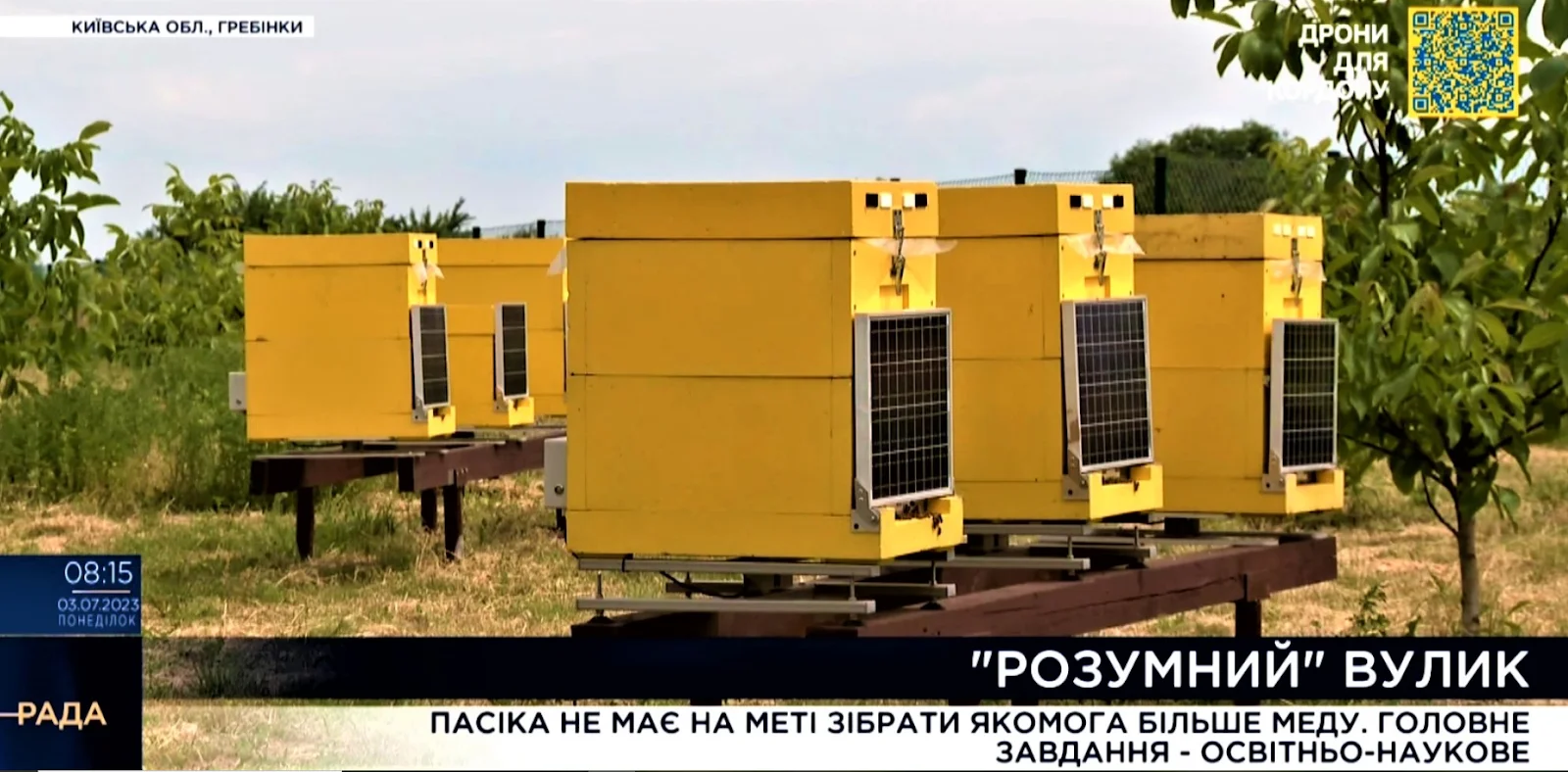
Digital sensors monitor the bees' condition, flight activity, honey collection, temperature, and other internal hive conditions, transmitting the data to a smartphone. Solar panels, integrated into the hives, power the electronics. The software calculates the optimal time for hive maintenance, alerts the beekeeper if a bee colony is struggling during the winter, and improves the survival rate of bees affected by pesticides and climate change.
The average cost of a single hive is approximately $1000.
The collected data is also used for research purposes to enhance bee care and ease the work of beekeepers.
Interchangeable Patches for Clothing
The idea is straightforward: personalized printing on clothing can be expensive, and designs might grow tiresome, especially for children. So why not print favorite characters or funny quotes on patches and attach them to a Velcro panel on a T-shirt or hoodie, allowing the design to change with your mood?
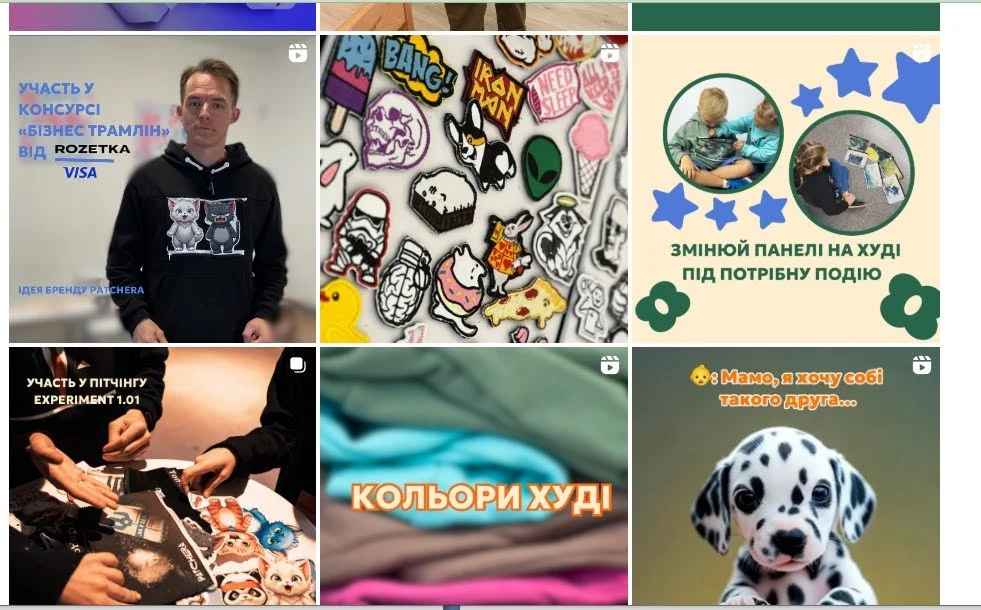
That’s exactly how Patchera works. The patch can be one large design or several smaller ones. The brand’s creators describe their clothing as interactive.
Read also: TOP-7 non-trivial ways to earn money on the Internet
The Workshop of Mr. Skshetusky
Veteran and experienced blacksmith Pavlo Skshetusky from Volyn crafts axes, knives, sabers, and virtually anything imaginable. His creations are both decorative and fully functional. For instance, his knives are perfect for kitchen use or long outdoor adventures, while his axes are ideal for chopping wood. Each item is unique and handcrafted. Pavlo often adorns the blades with engravings, patterns, and textures, making his axes easily distinguishable from hundreds of others.
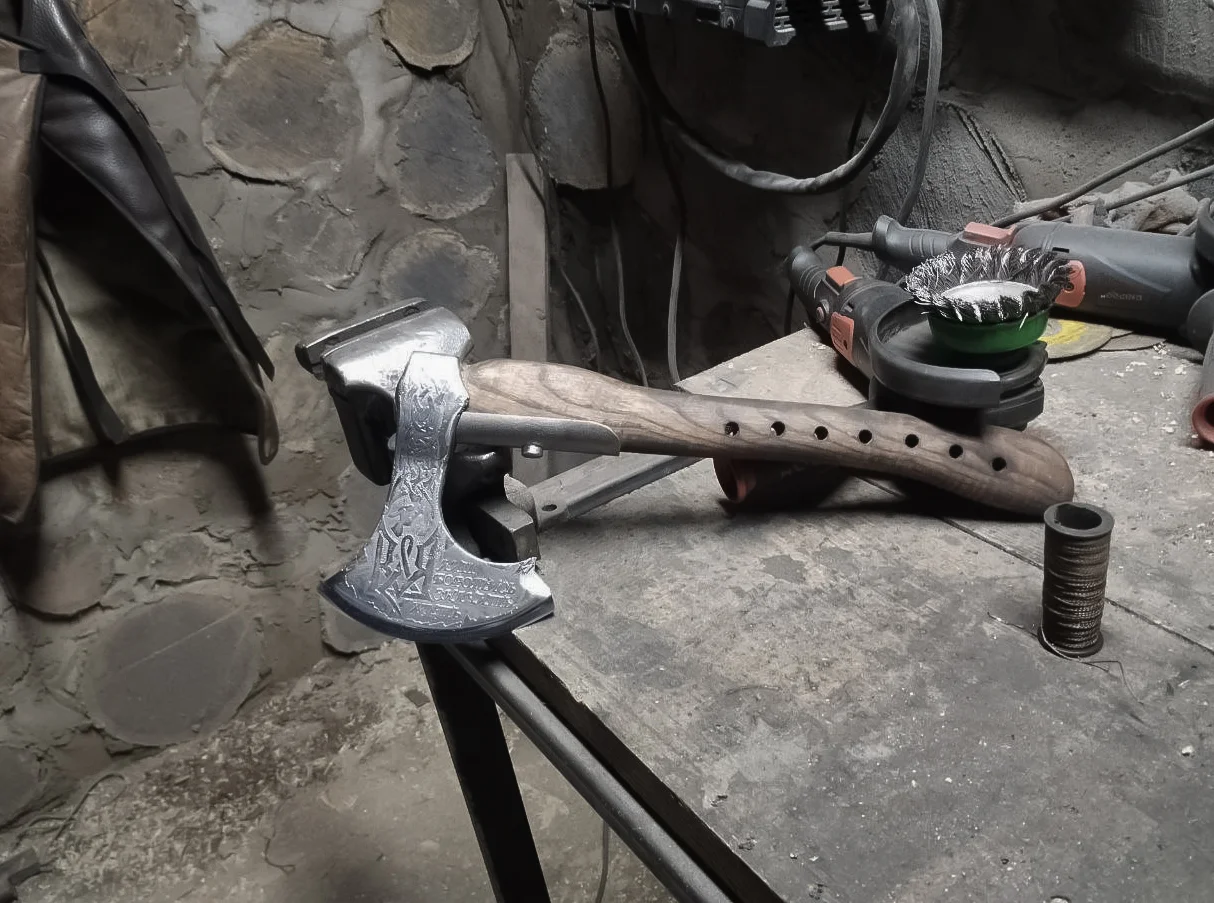
His axes, sabers, and knives are purchased both in Ukraine and abroad. Initially, most customers were from the Ukrainian diaspora, but now, as the blacksmith mentions in interviews, international buyers, including those from the United States and Canada, place orders. Pavlo's handcrafted cold weapons have become a sought-after export. You can watch a video by "Suspilne" showcasing the blacksmith and his beautifully crafted items, which highlight his artistry during the creative process.
The People's Deminer
The company Efarm.Pro initially produced agricultural equipment designed for agro-navigation. Using GPS navigators, their machinery could operate more precisely, consume less fuel, work in low-visibility conditions, reduce driver effort, and lower CO2 emissions.
However, with the onset of the full-scale war, many farms found their usual planting areas riddled with landmines. Unable to wait for demining experts, some farmers took on the task themselves. To assist in such efforts, Efarm.Pro, in collaboration with the Kobzarenko plant, developed the "People's Deminer" — a tractor equipped with a specialized trailer and autopilot system.
The full demining system also includes a drone and a demining robot. In the first stage, the drone maps the field and identifies mines lying just beneath the surface. These are then neutralized by demining experts or robots. Following this, the tractor — operating on autopilot without a driver — sweeps the field with a special mine-clearing trailer to ensure there are no active mines in the topsoil.
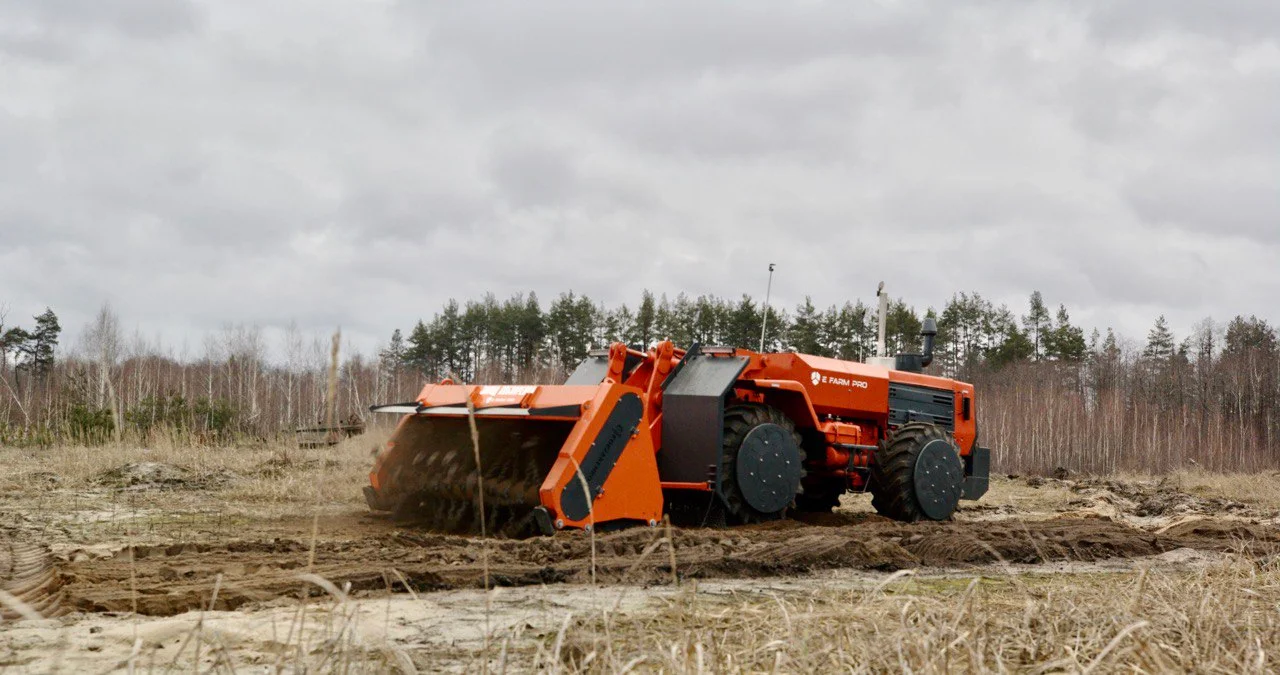
The company also offers standard products, such as peaceful robotic mowers and agricultural navigation systems, but the current situation demands a significant focus on demining technology.
Solar Panels for Water Heating
According to the project’s creators, a team of startup founders from Odesa, the hybrid solar panels developed by Solarplex can heat water while reducing energy loss during transmission. This is particularly useful in summer when overheated solar panels become less efficient, and coolants heat up as well. By redirecting thermal energy, these panels can increase overall energy output, capturing up to 90% of solar energy without waste.
These panels can be installed in homes, on mobile trailers, or even above fields. When installed above agricultural land, their adjustable angles and LED lighting help manage light and shade, increasing soil temperatures to accelerate harvests or even allow for two harvests in a season. Additionally, the panels can power irrigation systems, monitor soil conditions, and more.
Blooming Paper
The main concept behind the Paperiya brand is the eco-friendliness of its paper, designed for various purposes such as business cards, postcards, jewelry boxes, clothing tags, bookmarks, invoice and document forms, stickers, and more. This paper decomposes quickly and contains live plant seeds. If discarded in a park or on a lawn, it will soon sprout a beneficial plant, such as marigolds.
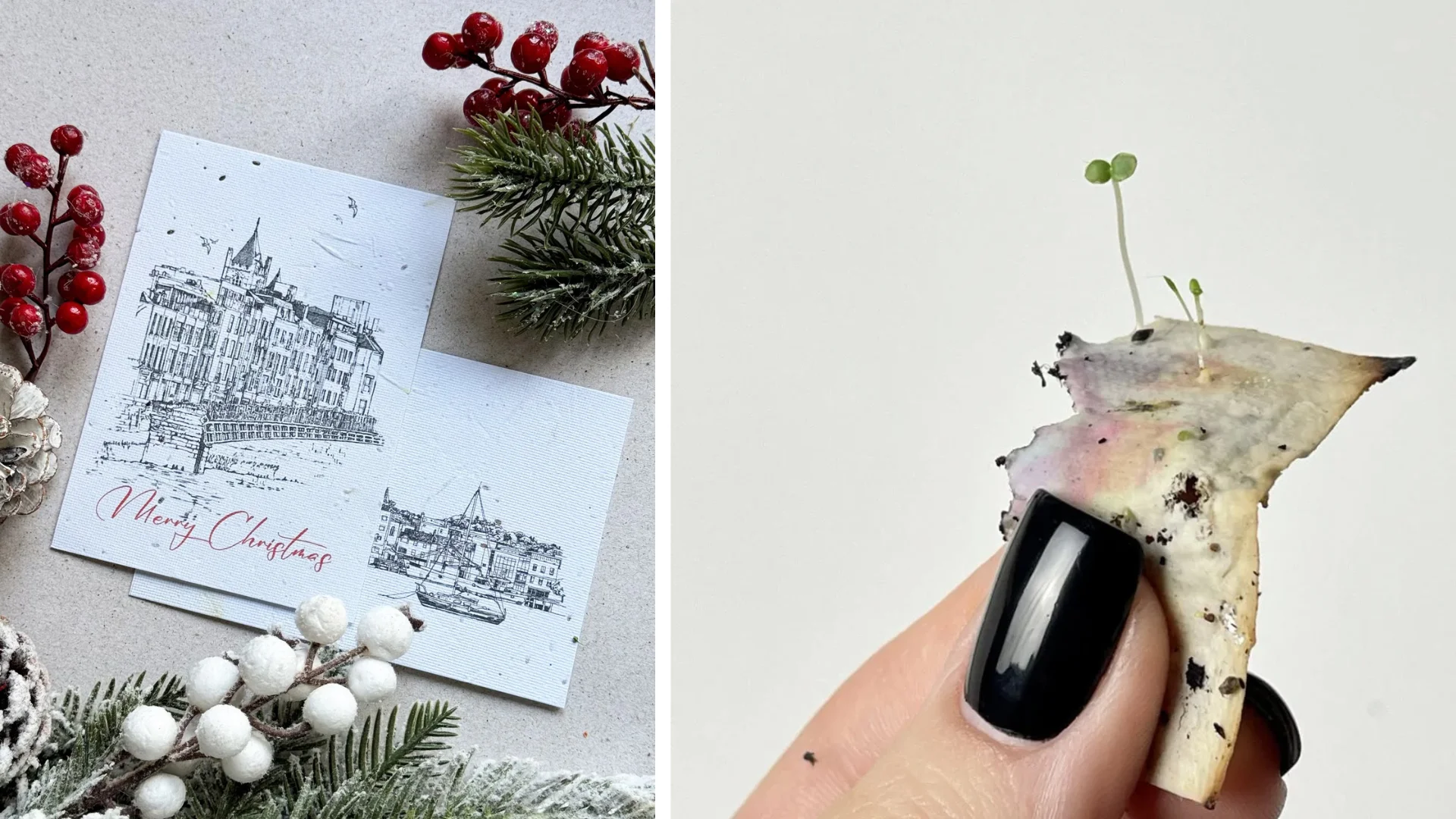
The founders point out that much modern printing material, such as laminated cardboard, takes decades to decompose and harms the environment. Paperiya’s eco-paper is made from recycled factory waste, promoting sustainable practices for businesses while caring for the planet.
These stories began during the war or the full-scale invasion. Launching such initiatives requires immense courage. Yet, where there is no stability, there is always the potential for either failure or rapid growth. The key is not to miss that opportunity!








